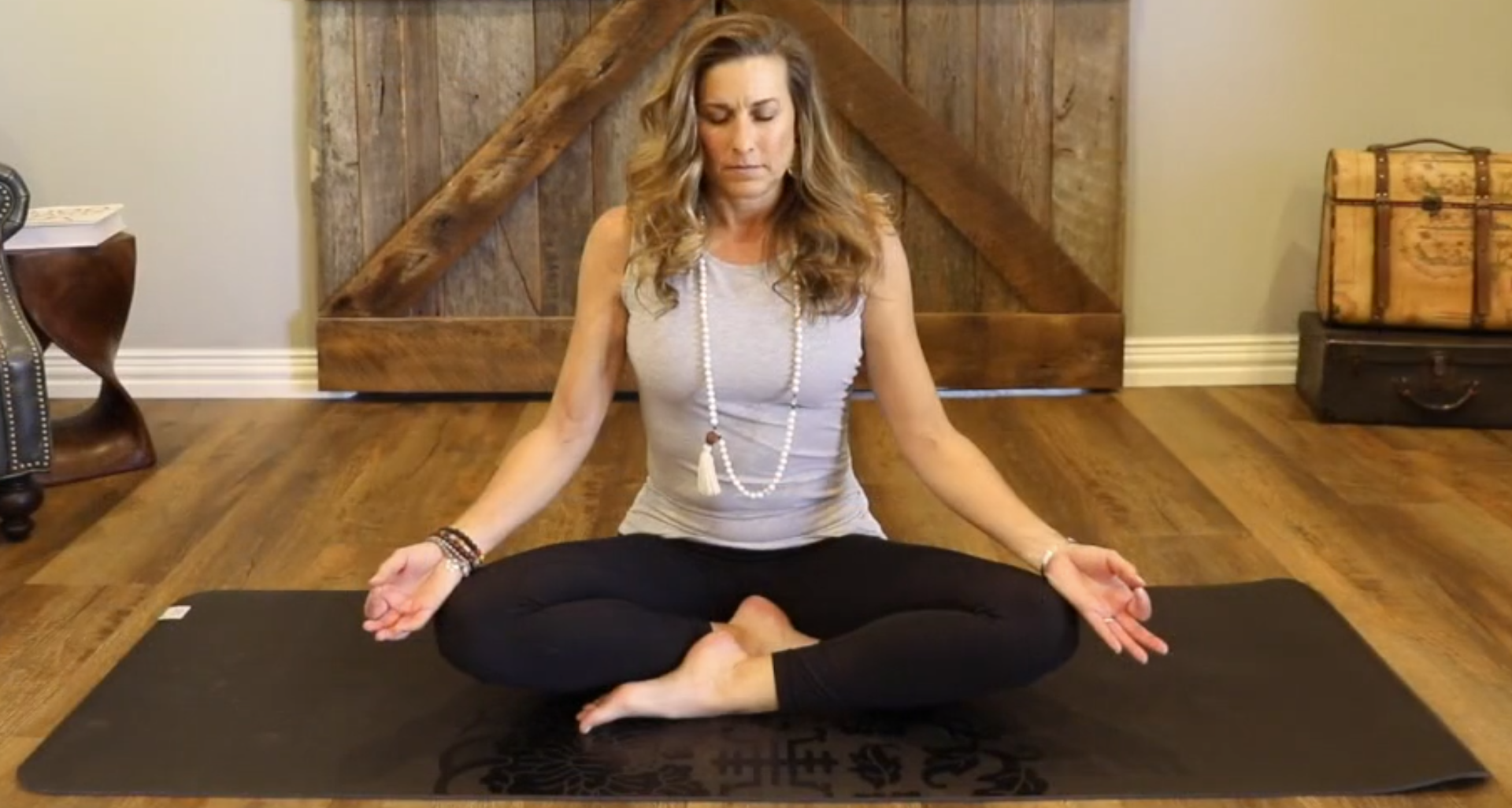CALL:
Can My Teenager Experience Trauma After a Romantic Breakup?
This is a subtitle for your new post

What Are the Signs of Trauma After a Breakup?
There are common reactions to a breakup that are worth monitoring. However, these would not necessarily indicate a trauma response. For example, if your teen is suffering after a breakup, they may have difficulty sleeping or seem unusually tired. You may notice they keep to themselves more often or are not eating much.
Likewise, they may lose interest in their extracurricular activities, work, friends, and school. Furthermore, they may be irritable or seem to be feeling sad or hopeless.
More issues that arise include having a difficult time concentrating or solving problems. Another common issue is they may begin to fall through on their commitments or ignore their household duties.
As mentioned, these are normal, common reactions to loss, and breakup. However, if these symptoms continue for more than four weeks, your teen may be suffering from depression or trauma. The unresolved emotional trauma after a breakup can have long-lasting effects.
If their emotions seem especially strong, they could also be experiencing symptoms of trauma. Young women are more likely to get depressed, and may even harm themselves, but they are also more likely to seek support from their friends.
Surprisingly, young men often take the breakup harder than young women. This is because they miss the romantic relationship's emotional intimacy but don't often speak about their feelings. (mghclaycenter.org) For example, it's unlikely boys will open up about the breakup with their guy friends. As a result, young men are more prone to act like the relationship was not a big deal, although they're hurting inside. They're also more likely to get angry or seek retaliation.
5 Ways to Help Your Teen Through Their Trauma After a Breakup
Your child is not likely to ask for your support, but they will need it. Teens are often silent after a breakup. Likewise, they may not know breakups can cause trauma.
So, what can you do to help your teen through their difficult emotions?
Here are 5 suggestions:
1. If they share how they are feeling with you, try not to give them advice. Instead, be there to listen and validate. Your teen will need to hear that you love them and understand them.
2. If they are experiencing a deep loss, it can feel traumatic. So, it may be helpful for you to learn about the five stages of grief. (healthline.com) You might also share these stages with your child.
3. It may be helpful to relate by sharing a personal, painful experience with a breakup. Again, you are not problem-solving for your teen. Instead, you're sharing your grief. By doing so, you're also validating their feelings.
4. Teens who suffer breakups are more vulnerable to depression, self-harm, and even suicide. Likewise, they may experience symptoms of trauma. Teens' actions are more likely to be impulsive, and the impact can be permanent. Therefore, it's vital to be aware of their emotions and let them know if you are worried about them.
5. Finally, remember teens are more likely to talk to their friends. Try not to take it personally if your teen chooses to open up with their friends instead of you. It's normal for teens to share more with their peers.
If you feel your teen may be experiencing trauma symptoms, a therapist may be able to help. It's difficult to understand the extent of the emotional loss they're experiencing. At Thrive Relational Recovery, we can help your teen heal after a painful breakup. Call us today.






